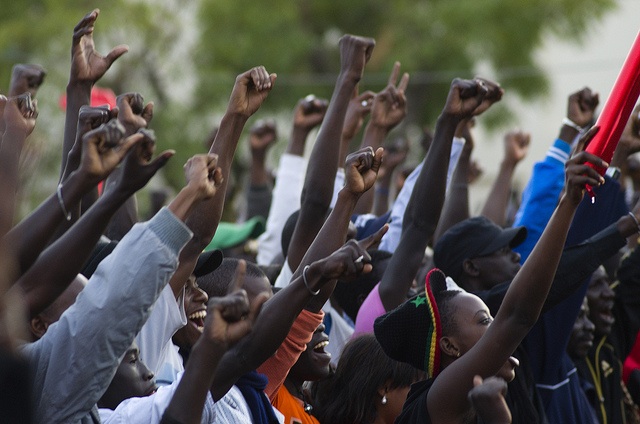
Since the 1990s, a “third wave of democratization” has swept the African continent, leading to the unraveling, opening or liberalization of previously authoritarian (one‐party, military, and/or strongman) political regimes. But democratization in Africa has produced divergent outcomes, including remarkable success stories (Benin, Ghana, and Senegal, for example), major failures or setbacks (Angola, Democratic Republic of Congo, Sudan, Zimbabwe), and ambiguous or precarious cases (Kenya, Ethiopia, Uganda, Nigeria, Rwanda). This course examines the achievements, complexities, contradictions, and uncertainties of democratic political reform in Africa. Readings, discussions, presentations and assignments will explore African democratization in theoretical and comparative perspective, alternative patterns and paths of transitions from authoritarianism, electoral competition and corruption, the roles of domestic civil society and the international community, the impact of democratization on the quality of governance, democracy’s prospects, and illustrative country case studies.

For information on how to properly cite your work and some excellent links to guides on writing style, check out the Citation and Style Guides page.